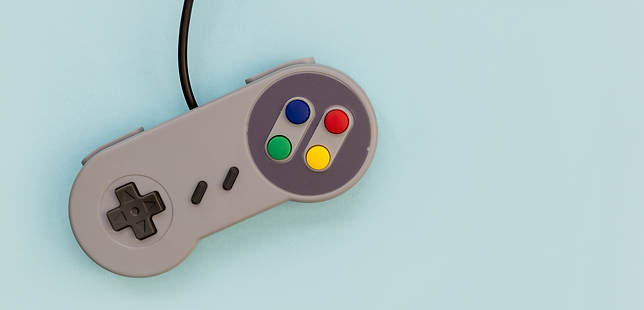Leveling up applies to our mental health in another way as well. Our brains develop—and are organized—from “bottom to top” (and also side to side), as early experiences are foundational to the ways we experience our emotions, the extent to which we are able to manage them, and whether our appraisal systems have an overall negative or positive bias.
Our thoughts are shaped by both this emotional footprint along with experiences that accrue to us over our life span. If a person grows up in an invalidating, abusive, or otherwise emotionally deficient environment, these unfortunate impressions imprint upon what they believe—and the stories they tell themselves—about who they are, what they are capable of, and what to expect from others.
Emotional dysregulation, cognitive distortions, negative self-talk and image, and maladaptive behaviors that arise as strategies to “manage” distress, can all impair a person’s desire and efforts to be the best version of themselves. They are the obstacles to “leveling up.”
Leveling Up

ELISABETH IHLENFELD
LPC,CCTP-II, CIMHP, C-PD
FOUNDER & PSYCHOTHERAPIST
M.A. NORTHWESTERN UNIVERSITY
B.A. WASHINGTON UNIVERSITY
Our mental health does not exist in a vacuum; it is rather the intersection of our physical health, our experiences, in some cases, our genes, and most of all, the way our brains got wired in our earliest interactions with the social environment. Singular approaches to symptoms, product of DSM-driven diagnostic silos, are no longer sufficient. We can do better, and that’s why I started Level Up.
With a comprehensive understanding of developmental neuroscience--and its cognitive, affective, and psychiatric implications--as our foundation, and a current approach to affect regulation, psychotherapy does NOT need to be a years-long investment. Positive change towards specific objectives is key, and "what success looks like" for each individual must be defined and kept in our sights at all times. Using an approach I'm calling "Quick(er) H.I.T" (High Intensity Therapy) we can get you actually succeeding sooner. A more traditional approach to psyhodynamic psychotherapy will always be an option, but I integrate the goal-orientation of Quick(er) Hit into this modality as well....so if you'd like to work with me you've got to want to get better, and know it takes effort beyond talking about "your week."

